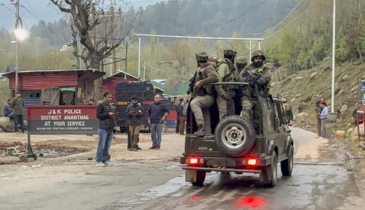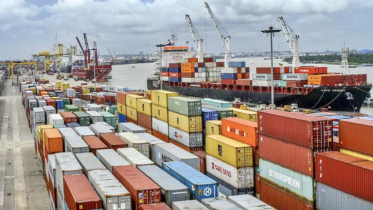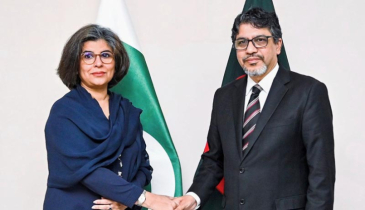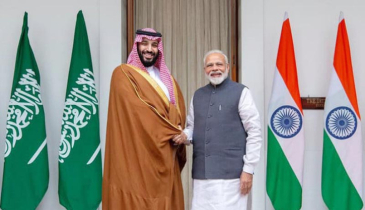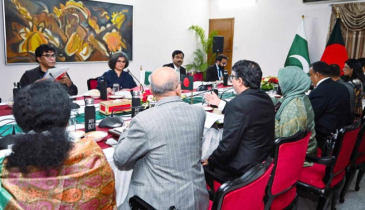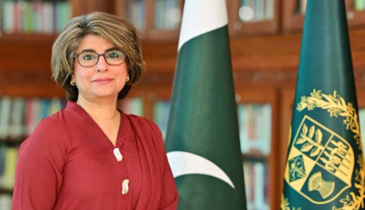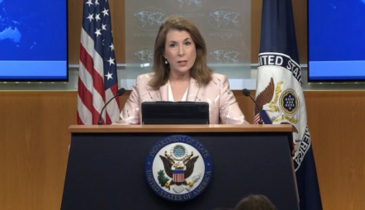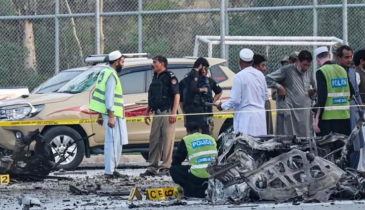Muslims face dwindling representation in Narendra Modi's India
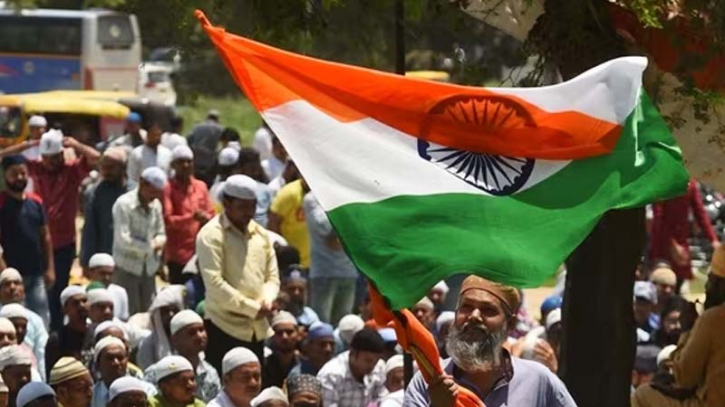
Muslim representation in Indian politics has dwindled significantly under Prime Minister Narendra Modi's Hindu-first agenda, exemplified by the situation in Rampur, where despite a Muslim-majority population, the elected member of parliament staunchly supports Modi's policies.
This pattern is evident across India, where the victory of Modi's Bharatiya Janata Party (BJP) in upcoming elections seems almost certain, leading many to view Muslim candidates as a liability rather than an asset.
Despite Muslims comprising nearly a fifth of India's population of 1.4 billion, their representation in parliament has declined to less than five percent since the 1970s. This decline is concerning for Muslim leaders, who lament the lack of political representation.
In Rampur, Ghanshyam Singh Lodhi, a Hindu, confidently anticipates re-election as MP, having replaced the previous Muslim MP in a 2022 by-election by aligning himself with the BJP.
With only 27 Muslim MPs out of 543 in the lower house of parliament, and none belonging to the BJP, Muslim leaders express apprehension about their community's diminishing political voice.
Ziya Us Salam, an author specializing in Indian Muslim affairs notes that Muslims historically trusted secular parties for representation, leading to an absence of strong Muslim leadership. However, overtly Muslim leaders face challenges in today's political climate, with accusations of stoking sectarian divisions, while Modi promotes a Hindu-centric vision of India without facing similar scrutiny.
Furthermore, Salam argues that electoral boundaries have been redrawn over the years to dilute the voting power of areas with significant Muslim populations, exacerbating the issue of underrepresentation in Indian politics.
.png)


